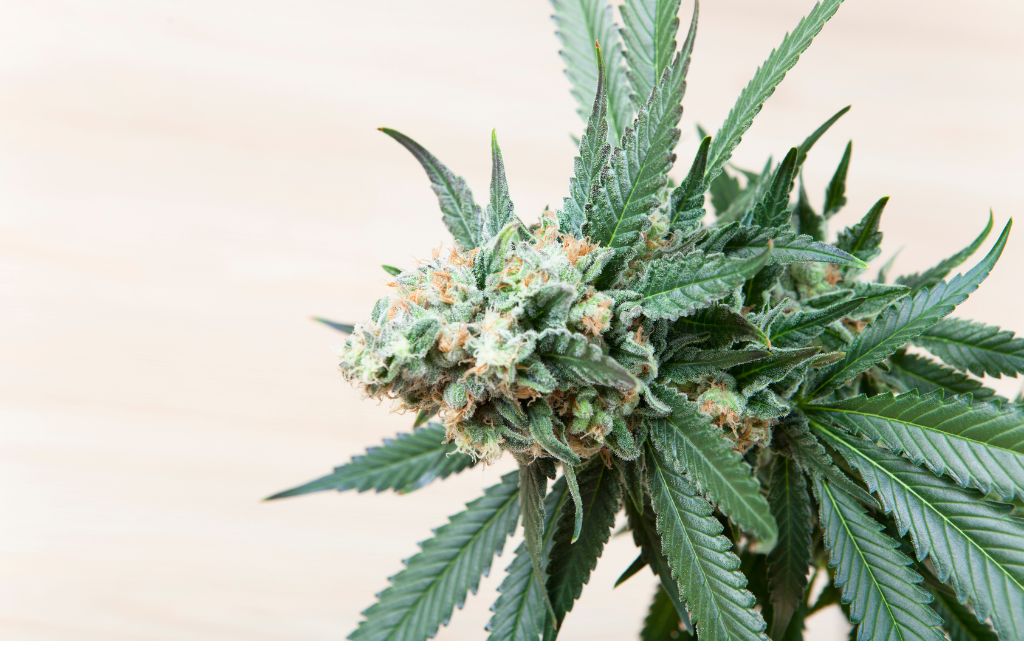THCa Flower for Alternative Healing
In recent years, the interest in alternative healing methods has surged, with many individuals seeking natural remedies for various health conditions. One such remedy that has gained attention is THCa flower. This article explores the potential benefits, uses, and scientific backing of THCa flower in the context of alternative healing.
Understanding THCa
THCa, or tetrahydrocannabinolic acid, is a non-psychoactive cannabinoid found in raw and live cannabis plants. Unlike THC, which is known for its psychoactive effects, THCa does not produce a “high.” When cannabis is heated through smoking, vaping, or cooking, THCa converts to THC. This process is known as decarboxylation.
Potential Health Benefits
Research into THCa is still in its early stages, but preliminary studies and anecdotal evidence suggest several potential health benefits:
- Anti-inflammatory Properties: THCa may help reduce inflammation, making it a potential treatment for conditions like arthritis and inflammatory bowel disease.
- Neuroprotective Effects: Some studies indicate that THCa could protect brain cells, which might be beneficial for neurodegenerative diseases such as Alzheimer’s and Parkinson’s.
- Anti-emetic Properties: THCa has shown promise in reducing nausea and vomiting, which could be helpful for patients undergoing chemotherapy.
- Antioxidant Properties: THCa may act as an antioxidant, helping to protect cells from damage caused by free radicals.
Case Studies and Anecdotal Evidence
Several case studies and anecdotal reports highlight the potential of THCa flower in alternative healing:
Case Study: Arthritis Relief
A 2018 case study published in the Journal of Pain Research examined the effects of THCa on a patient with severe arthritis. The patient reported significant pain relief and improved mobility after using THCa-rich cannabis. This case suggests that THCa could be a viable option for managing arthritis symptoms.
Anecdotal Evidence: Epilepsy Management
Parents of children with epilepsy have reported positive outcomes using THCa. One notable example is the case of a young girl named Charlotte Figi, whose severe epilepsy was significantly reduced with the use of a high-THCa cannabis strain. This case brought national attention to the potential benefits of THCa for epilepsy management.
Scientific Research and Studies
While more research is needed, several studies have explored the potential benefits of THCa:
Anti-inflammatory Effects
A 2011 study published in the British Journal of Pharmacology found that THCa exhibited anti-inflammatory properties in animal models. The researchers concluded that THCa could be a promising candidate for treating inflammatory conditions.
Neuroprotective Properties
A 2012 study in the journal Phytomedicine investigated the neuroprotective effects of THCa. The study found that THCa helped protect brain cells from oxidative stress, suggesting potential benefits for neurodegenerative diseases.
Methods of Consumption
There are various ways to consume THCa flower, each with its own set of benefits:
- Raw Consumption: Consuming raw cannabis leaves or flowers in smoothies or salads preserves THCa without converting it to THC.
- Tinctures: THCa tinctures can be taken sublingually (under the tongue) for quick absorption.
- Topicals: THCa-infused creams and balms can be applied directly to the skin for localized relief.
Legal Considerations
The legal status of THCa varies by region. In some areas, THCa is legal as long as it is derived from hemp and contains less than 0.3% THC. In other regions, all forms of cannabis are strictly regulated. It’s important to research local laws before purchasing or using THCa products.
Conclusion
THCa flower presents a promising option for those seeking alternative healing methods. With potential benefits ranging from anti-inflammatory and neuroprotective effects to anti-emetic and antioxidant properties, THCa offers a natural remedy for various health conditions. While more research is needed to fully understand its therapeutic potential, existing studies and anecdotal evidence provide a strong foundation for its use in alternative healing.
